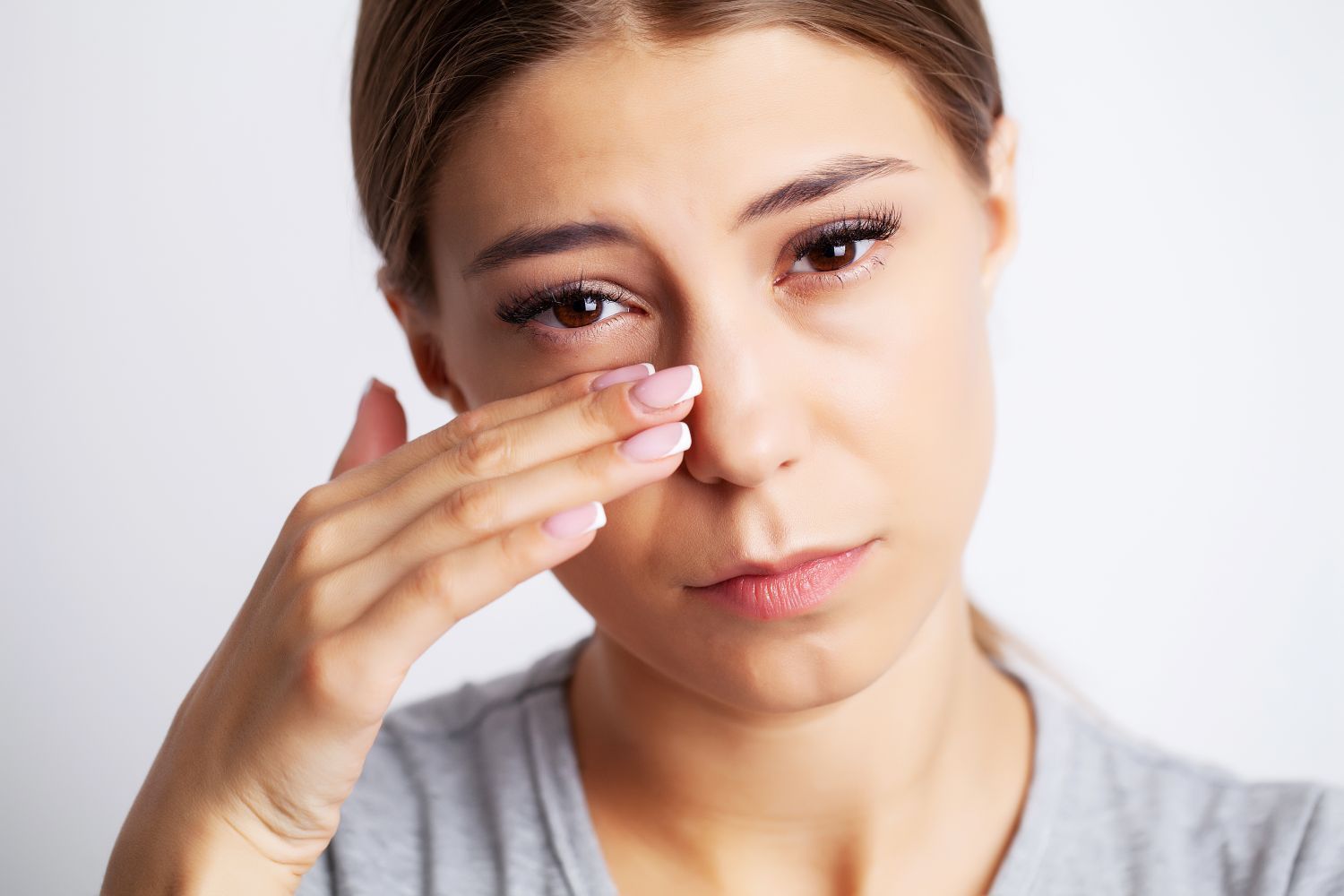Are you tired of dealing with a runny nose? In this blog post, we will discuss the causes and the effective strategies to help you stop a runny nose. Whether it's due to allergies, a cold, or other factors, these tips can provide relief and help you breathe easier.
What Causes a Runny Nose?
A runny nose, medically known as rhinorrhea, refers to excessive drainage of mucus or liquid from the front of the nose. It can be accompanied by other symptoms like nasal congestion, sneezing, itching, or post-nasal drip. Rhinorrhea can be caused by various factors. Some common causes include the following:
- Allergies: Allergic rhinitis, known as hay fever, is a common cause of a runny nose. It occurs when the immune system overreacts to allergens such as pollen, dust mites, pet dander, or certain foods.
- Common Cold: The Common Cold is a viral infection that leads to a runny nose from irritation of the nasal passages and increased mucus production.
- Environmental Irritants: Exposure to irritants such as smoke, strong odors, air pollution, or chemical fumes can trigger nasal congestion and a runny nose.
- Hormonal Changes: Some individuals may experience a runny nose due to hormonal changes, such as those that occur during pregnancy or because of certain medications.
- Nasal Polyps: Nasal polyps are noncancerous growths that can develop in the nasal passages or sinuses. They can cause chronic inflammation, leading to nasal congestion and a runny nose.
- Sinusitis: Sinusitis refers to inflammation or infection of the sinuses, which can cause a thick, yellow discharge from the nose.
Home Remedies to Relieve a Runny Nose
- Stay Hydrated:
Drinking plenty of fluids helps thin out mucus and keep your nasal passages moist. - Use a Saline Solution:
Rinse your nasal passages with a saline solution to remove irritants. - Steam Inhalation:
Inhaling steam from a hot shower or a bowl of hot water can help clear congestion and relieve a runny nose.
Over-the-Counter Medications for a Runny Nose
- Antihistamines: Over-the-counter antihistamines pills block the release of histamine, which is responsible for allergy symptoms like a runny nose.
- Decongestants: Decongestant nasal sprays or oral medications can help reduce nasal congestion and alleviate a runny nose. However, these medications should only be used for a few days to prevent rebound worsening of symptoms.
- Nasal Sprays: Nasal steroid and nasal antihistamine sprays can help reduce inflammation in the nasal passages and relieve a runny nose.
Lifestyle Changes to Prevent a Runny Nose
Maintaining a clean environment to reduce nasal irritants
One of the key factors in preventing a runny nose is to ensure that your environment is clean and free from irritants. Dust, pollen, pet dander, and mold can all trigger nasal allergies and lead to a runny nose. Regularly vacuuming and dusting your home, washing your bedding frequently, and using air purifiers can help reduce the presence of these irritants in your living space.
Proper hygiene practices to prevent a runny nose
Good hygiene practices can also play a significant role in preventing a runny nose. Here are some tips to keep in mind:
- Wash your hands regularly: Keeping your hands clean helps prevent the spread of germs and viruses that can cause colds and allergies.
- Avoid touching your face: Touching your face, especially your nose and eyes, increases the likelihood of introducing allergens or germs into your nasal passages.
- Avoid smoking and secondhand smoke: Smoking irritates the nasal passages and can lead to a runny nose. If you're a smoker, consider quitting, and if you're around smokers, try to avoid secondhand smoke.
When to Seek Medical Help for a Runny Nose?
If you're dealing with a persistent runny nose despite making lifestyle changes, there may be underlying factors that require medical attention. Here are some symptoms that warrant a visit to the doctor:
- Persistent and Severe Symptoms: If your runny nose persists or is accompanied by other severe symptoms such as fever, facial pain, or thick yellow or green nasal discharge, you may want to see an otolaryngologist, rhinologist, or allergist. Some therapies include medications, allergy immunotherapy, and the latest surgical therapies such as radiofrequency ablation of the posterior nasal nerves (Neuromark or RhinAer) or cryotherapy (Clarifix).
- Allergic Reactions: If your runny nose is triggered by specific allergens and over-the-counter antihistamines are not providing relief, having allergy testing and treatment may be necessary.
Conclusion
The causes of runny nose, or a rhinorrhea, can vary from allergies and common colds to environmental irritants, hormonal changes, nasal polyps and sinusitis. To find relief, you can try home remedies and over-the-counter medications. If symptoms persist or worsen, see a rhinorrhea specialist like Dr. Greg Davis in Puyallup, WA.
If you have any questions or are being bothered by any nasal or sinus issues, please reach out to us online. Dr. Davis is an expert in the field of medical and surgical rhinology in Tacoma WA and Seattle WA. Get in touch about the struggles you are facing with your nose and sinuses.



